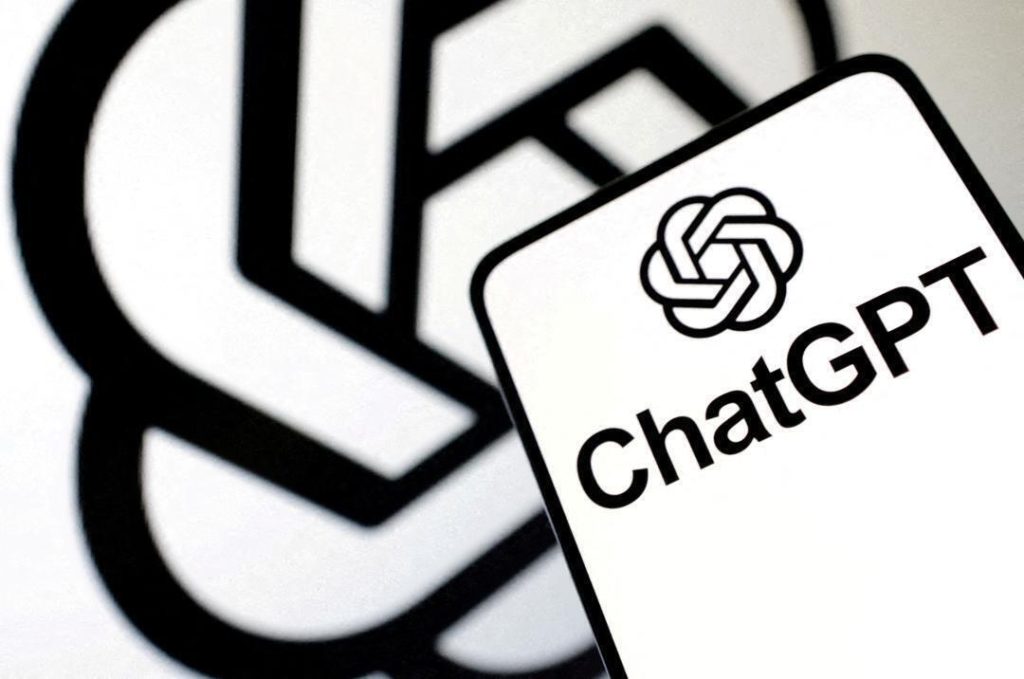
Title: I gave ChatGPT salary details & it fixed my finances, says man
In today’s digital age, technology has become an integral part of our daily lives. From online shopping to social media, we rely heavily on the internet to get things done. Recently, a US-based author and entrepreneur, Adrian Brambila, shared an interesting story about how he used ChatGPT, a popular AI-powered chatbot, to manage his finances. According to Brambila, ChatGPT helped him create a zero-based budget by following the 50/30/20 rule, which he claims has transformed his financial life.
Brambila, who has written several books on entrepreneurship and personal finance, was struggling to manage his finances. He had tried various budgeting apps and spreadsheets, but nothing seemed to work effectively. That’s when he stumbled upon ChatGPT, which promised to help him with his financial woes. Brambila decided to give it a try and was amazed by the results.
“I gave ChatGPT my salary, and it fixed my finances,” Brambila said in an interview. “No spreadsheets. No budgeting apps. No $400 financial advisor. Just 7 prompts—and total clarity over my money.” He added that ChatGPT created a zero-based budget, which he found surprisingly easy to follow.
So, what is the 50/30/20 rule, and how did ChatGPT help Brambila achieve a zero-based budget? The 50/30/20 rule is a simple yet effective way to allocate one’s income. The rule suggests that 50% of your income should go towards necessary expenses such as rent, utilities, and groceries; 30% towards discretionary spending like entertainment, hobbies, and travel; and 20% towards saving and debt repayment.
ChatGPT, with its advanced AI technology, was able to analyze Brambila’s income and expenses and create a customized budget based on the 50/30/20 rule. The chatbot asked Brambila a series of questions about his income, expenses, and financial goals, and then generated a detailed budget plan.
Brambila was impressed by the simplicity and effectiveness of ChatGPT’s budgeting system. “This didn’t feel like budgeting,” he said. “It felt like having a financial advisor who actually cared about my success.” He added that the chatbot’s ability to provide customized advice and guidance made it easy for him to stick to his budget.
But what makes ChatGPT’s budgeting system so effective? For one, it’s incredibly easy to use. Brambila simply had to provide his salary details and answer a few questions about his expenses and financial goals. The chatbot then generated a customized budget plan, which Brambila could easily review and modify.
Another advantage of ChatGPT’s budgeting system is its ability to provide personalized advice and guidance. Unlike traditional budgeting apps, which often offer generic advice and templates, ChatGPT’s AI technology allows it to provide customized advice based on a user’s individual financial situation.
Finally, ChatGPT’s budgeting system is affordable. Unlike traditional financial advisors, who often charge high fees, ChatGPT’s service is free. Brambila was able to get expert financial advice without breaking the bank.
In conclusion, Adrian Brambila’s story is a testament to the power of technology in managing personal finances. ChatGPT’s AI-powered budgeting system is a game-changer for anyone looking to take control of their finances. With its ease of use, personalized advice, and affordability, ChatGPT is an ideal solution for those who want to achieve financial clarity and stability.






